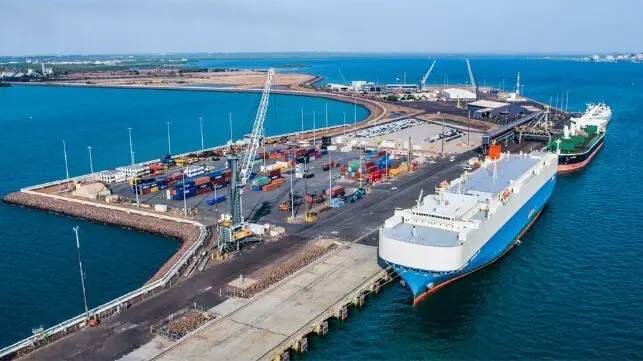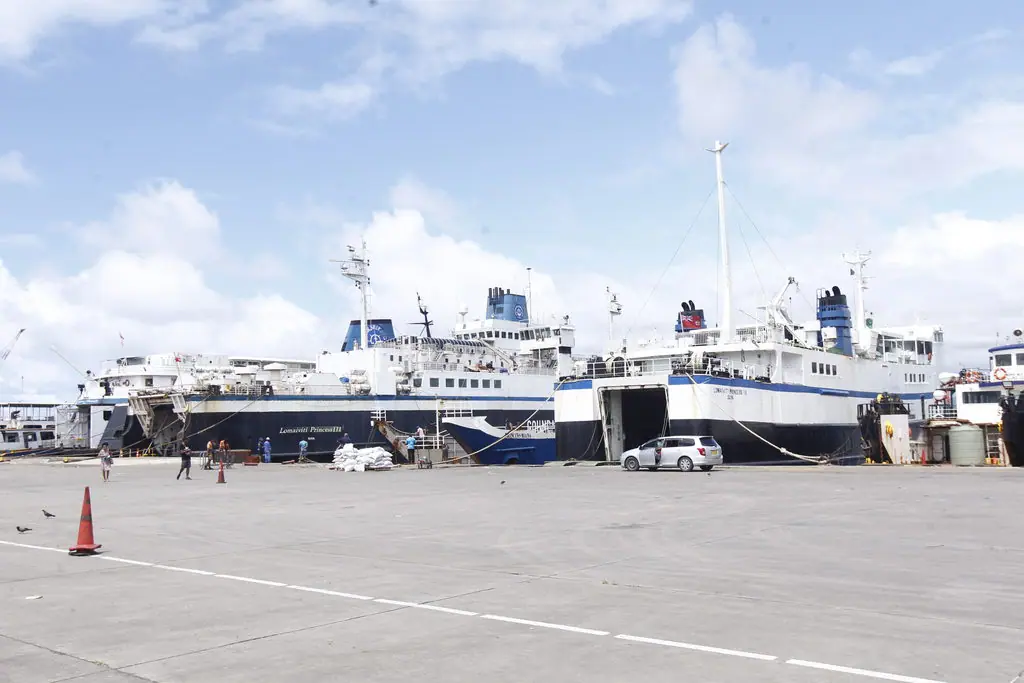Recently, the Philippines has escalated tensions in the South China Sea by enacting two domestic laws: the Philippine Marine Zones (PMZ) Act and the Philippine Archipelagic Sea Lanes (PASL) Act. These laws aim to solidify the controversial South China Sea Arbitration Award, which many view as illegitimate. Since November 4, the Philippines has also been conducting military drills simulating the seizure of islands in disputed waters. The country’s Defense Secretary has hinted at potential purchases of mid-range missile launchers from the U.S., heightening concerns regarding Manila’s motives.
Critics argue that these actions reflect a strategy by the Philippines to “legalize” its aggressive actions and establish de facto control to pressure future U.S. administrations into maintaining their support. This approach has been likened to “pirate laws” and is perceived as a threat to regional stability. The new legislation not only seeks to legitimize the arbitration case but also attempts to enforce sovereign management over maritime routes that do not rightfully belong to the Philippines. Such actions violate the United Nations Convention on the Law of the Sea and various International Maritime Organization resolutions.
The U.S. has quickly backed the Philippines’ legislative moves, further fueling tensions in the region. China’s response has been to assert its territorial claims more firmly, recently announcing baselines for the territorial sea around Huangyan Dao. This move serves as a reminder of China’s longstanding rights under its own laws and international conventions, suggesting an intention to strengthen marine management while countering perceived infringements by Manila.
China’s history of restraint in officially announcing its territorial claims reflects an initial goodwill towards its neighbors. However, the recent provocations by the Philippines signal that this restraint may not continue if such actions persist. Each instance of provocation from Manila could elicit further Chinese countermeasures aimed at protecting its sovereignty.
Public sentiment within the ASEAN countries shows a preference for peaceful resolution through negotiations rather than conflict. Surveys indicate that most Southeast Asian respondents favor collaborative efforts or setting aside disputes for joint development. This suggests that Manila’s current approach may contradict the desires of the broader regional population, who seek stability and peaceful relations rather than escalation.
In light of these dynamics, experts urge the Philippines to reconsider its stance and move away from provocation. Rather than relying on perceived Western support, which may not translate into tangible security, Manila should prioritize dialogue and diplomatic negotiations with China. Collaborative efforts towards a comprehensive Code of Conduct in the South China Sea could foster regional cooperation and stability, aligning more closely with the aspirations of neighboring countries. Ultimately, navigating the complex South China Sea disputes requires a commitment to peace and partnership rather than confrontation and division.
Source link







